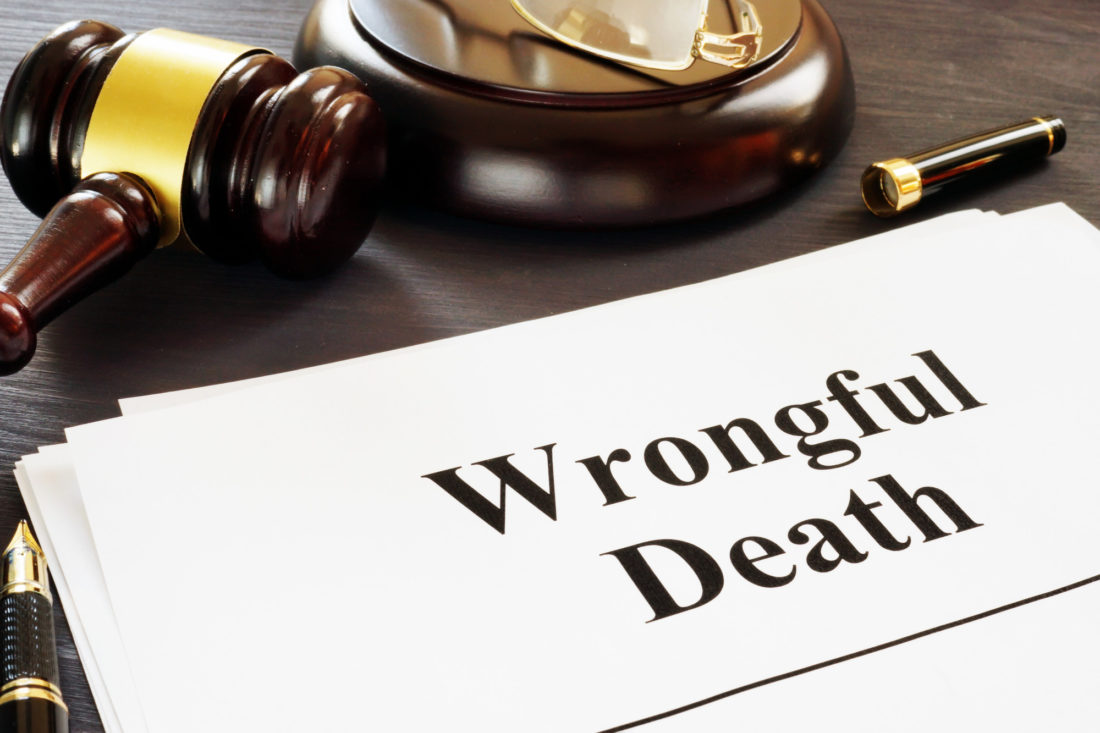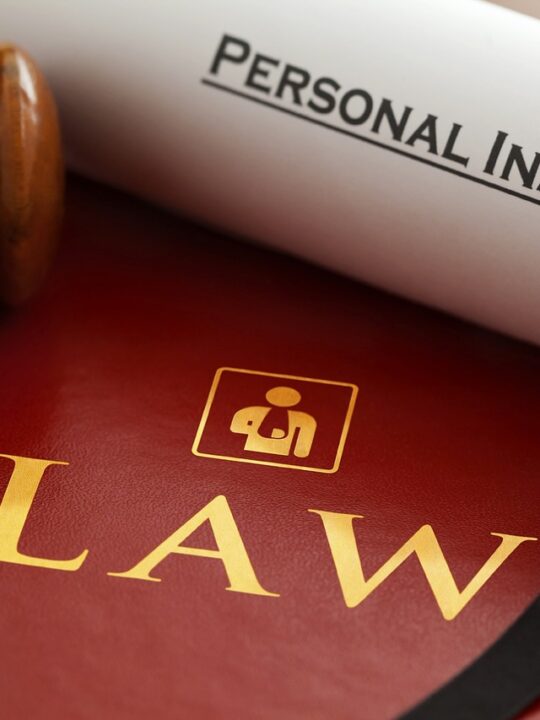 Almost 170,000 people die every year due to unintentional injuries.
Almost 170,000 people die every year due to unintentional injuries.
Wrongful death is the death of one caused by another person or entity.
If you lost your loved one due to another person or entity, you may be wondering if you qualify for a wrongful death lawsuit and how to file for a lawsuit.
Here’s your guide to filing a wrongful death suit, if you qualify, and what to do if you win.
Table of Contents
Common Reasons to File a Wrongful Death Lawsuit
Did you lose a loved one and aren’t sure if you can file a wrongful death lawsuit? Here are common causes of wrongful death and the most common reasons for wrongful death lawsuits.
Automobile Accidents
Did your loved one die in an accident? If your deceased loved one wasn’t at fault, you can take the case to court.
You can sue the other driver if the accident was their fault. If the driver was intoxicated, you can also sue the bar or store who served them alcohol.
If the accident was caused by a faulty vehicle part, you can sue the automobile manufacturers.
You can also sue if the roadway was unsafe, such as a government entity that failed to inform drivers of a hazardous roadway.
Product Liability
If your loved one purchased a defective product that resulted in their death, you can sue the manufacturers. For example, if you purchased batteries that exploded while in use, you can sue the battery manufacturer.
Keep in mind, you won’t have a case if the product states warnings associated with product use.
Medical Malpractice
Winning a medical malpractice case is difficult. If your loved one died under the care of a doctor, you can sue for medical malpractice. Examples include failure to diagnose a condition and perform an operation incorrectly.
Medical malpractice can also be a result of negligence, such as the nursing staff failing to care for the patient.
Can You File a Wrongful Death Suit?
Only a few people can file a wrongful death lawsuit on behalf of a deceased loved one. Here are a few examples.
- Executor
- Immediate family members
- Distant family members (such as grandparents)
- Financial dependents
- Parents of the fetus (if the fetus died due to wrongful death)
It’s best to check with your state laws and consult with an attorney to see if you’re eligible to file a wrongful death lawsuit.
What Do You Need to Prove?
You can prove wrongful death with documents such as medical records, death certificate, autopsy reports, and other vital documentation. You must also prove their death directly affected you as well as others.
In some cases, such as medical malpractice, the plaintiff needs to prove the defendant had a duty of care for the deceased and they breached that care.
Damages That Determine Your Compensation
If you win your wrongful death case, you’re entitled to compensation. This compensation is calculated by pain and suffering as well as the following damages:
- Medical treatment costs
- Loss of the deceased’s income
- Funeral and burial costs
- Inheritance loss
- Loss of care, love, and any services the deceased would have provided
It can take several weeks to receive your compensation and you may receive your pay in multiple payments. If you need the money immediately, a structured settlement can provide a lump sum payout.
Will You File a Wrongful Death Suit?
Losing a loved one is never easy. If their death was at the hands of another, you may file a wrongful death suit.
For more interesting information, continue reading our blog.







